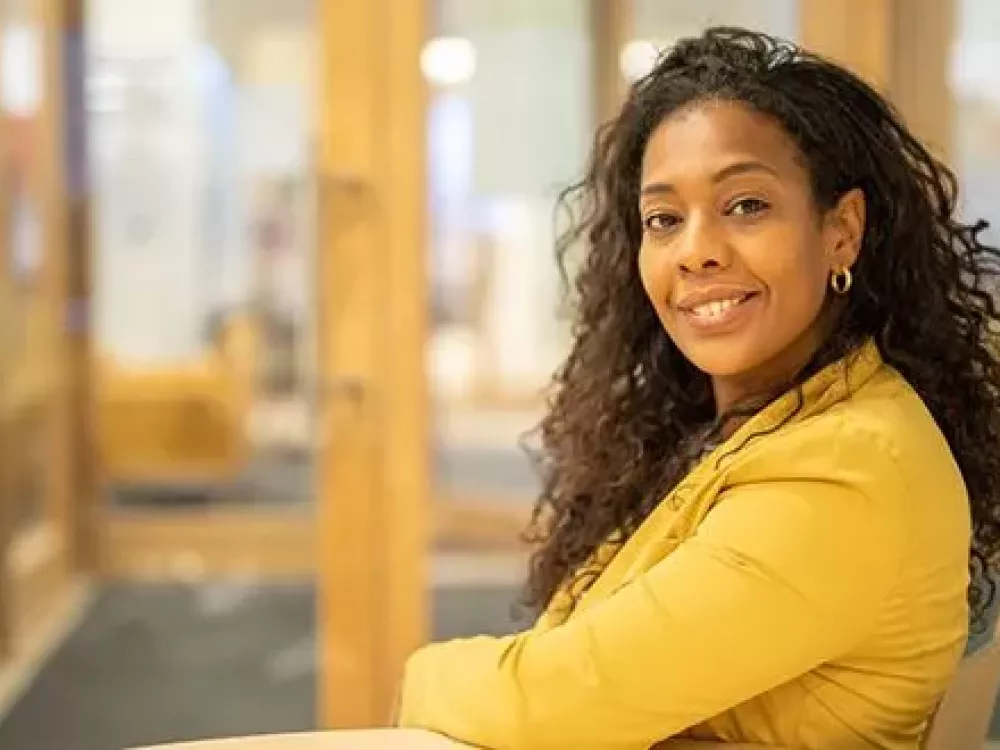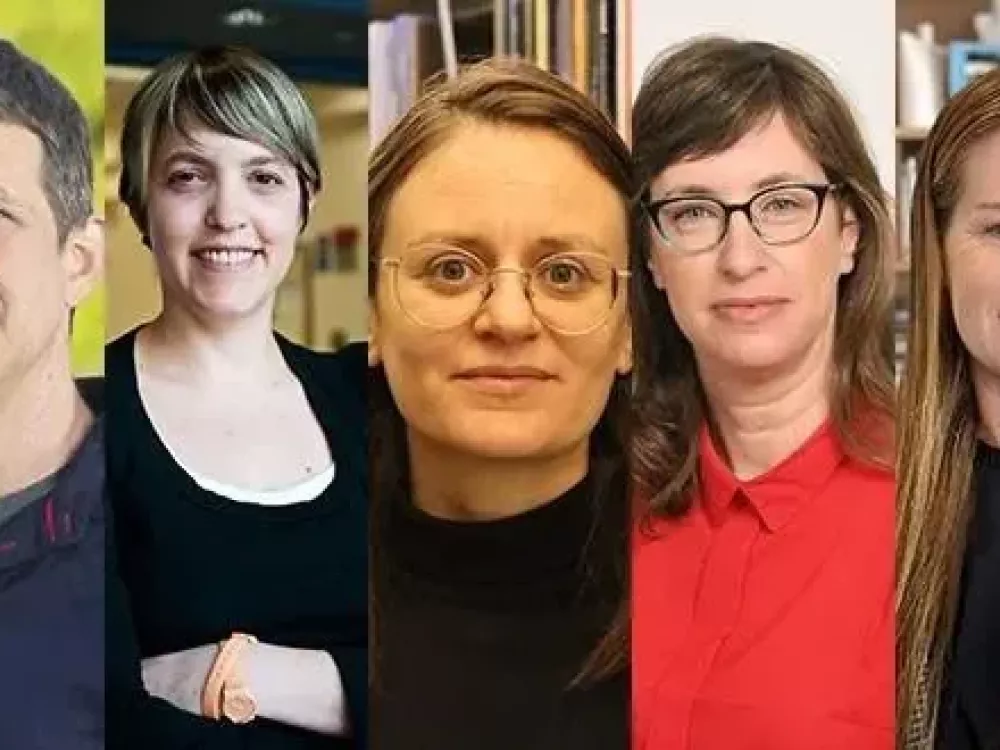
Social Workers on the Frontlines
March 26, 2024 |
A trauma-focused course offers support and extra training to social workers treating Oct. 7 survivors.
Nearly everyone across Israel has been affected by the brutalities of October 7, whether directly or indirectly. Social workers, though very experienced working with traumatized and disadvantaged populations, found themselves overwhelmed in the face of such monumental horror. To help social workers provide the best service while also protecting their own mental health, Tel Aviv University’s Bob Shapell School of Social Work initiated a six-week online course for working with acute trauma and PTSD. The course is now in its fifth round, with 5 more rounds planned in the next few months, but is still having trouble keeping up with demand. “When we first published the course, 10 times more people than we had space for signed up,” says Dr. Julia Gouzman, the course organizer. “There is a pressing need for this resource, which has received philanthropic support from the Jewish United Fund of Metropolitan Chicago.” Uncharted Waters of Oct. 7 Trauma The idea for a training program came from the numerous testimonies of social workers feeling unprepared for the magnitude of the crisis. Some did not work with trauma victims before the Israel-Hamas war, while those that had felt the tools and models they’d used previously were not adequate to address the specific needs and hardships they were now treating. “During this time, a lot of us were winging it in our work, since there was simply no way to prepare for what we were facing. Much of what we did was based mainly on intuition,” explains Tal Magal, a course graduate who has been working with evacuees from the Gaza border at a hotel since the beginning of the war. She has been a social worker for about 22 years and works with at-risk children.Tal Magal:“Though I work with trauma regularly, in this case I felt like I needed some kind of anchor to get my mind in order.”Kelly Ashwal, another course participant, also describes how emotionally demanding those first weeks were. Ashwal works at Beilinson Hospital, which treated direct survivors of the Oct. 7 attack including soldiers and Nova partygoers. “We started getting in helicopter after helicopter of people. Those first visits with the injured were so hard—I felt it in my body, horrible headaches and stomach aches.” She describes how she had to walk many people through the shock of grief and severe panic attacks. There are also Holocaust survivors in long-term care at the hospital whom she helped through flashbacks brought on by news of the violence. “We all had lots of questions about how best to approach those affected,” says Ashwal. “I was trying my best to handle each individual case properly, so when I saw the ad for the TAU course, I thought it sounded perfect for my needs.” Both women recount how glad they were to receive news that a course was opening. Magal: “Though I work with trauma regularly, in this case I felt like I needed some kind of anchor to get my mind in order.” Anchoring in Tools and Methods The course’s main foci include emergency trauma treatments, long-term PTSD prevention, resilience and growth, trauma in children, and self-preservation for social workers themselves. After each class, the participants receive the materials so they can revisit them at any time. Says Magal, “The fact that the course was structured for those like me in the thick of things was the reason I was able to attend. It was on Zoom, it wasn’t a huge time commitment, and it didn’t require extra preparation. It let me continue with my work at the hotel and in my regular work. That’s so important because time is precious right now. There were a couple times I attended from right at the hotel–I felt the information was so important I couldn’t miss it.” Both Ashwal and Magal say the course gave them solid ground to stand on. “We learned breathing exercises and how to ground ourselves in our physical space,” says Ashwal. “I use that all the time now both for myself and my patients. I received tools I didn’t have for helping parents speak with their kids, as well as for emotionally protecting myself. Though the work still affects me, with the help of the course I feel much more capable of doing my job.”
Kelly Ashwal: “Though the work still affects me, with the help of the course I feel much more capable of doing my job.”Magal adds that the program sharpened the tools she had and gave her confidence in her methods. It also gave her the ability to help patients out of the trauma mindset so they can start looking forward to the future and taking control of their lives. Says Chair of the Shapell School’s Unit for Continuing Education and Training, Dr. Lia Levin: “Making available basic tools for working with trauma is of utmost importance for the resilience of all the country’s residents. At the same time, it is also the realization of basic values that guide us at Tel Aviv University–uncompromising professionalism and contribution to the community.”
Moving Forward
With four course cycles completed, the program has received high praise from participants. “We’ve had many requests to open a follow-up program to deepen and expand the subject matter,” says Dr. Gouzman. “I am very proud to be at the head of a program that meets such a huge need. I am constantly moved by the feedback from participants.”Dr. Julia Gouzman: “I am very proud to be at the head of a program that meets such a huge need. I am constantly moved by the feedback from participants.”Magal says, “I have no doubt that I’ll continue to use what I learned in the course even after all of this ends, both because I work with trauma day to day, but also because in Israel there’s always a risk of other disasters. Israeli social workers will be better off when they’re equipped to help out immediately when they are needed. We need this knowledge because Israel is our home, and this is the reality we face.”
Related posts

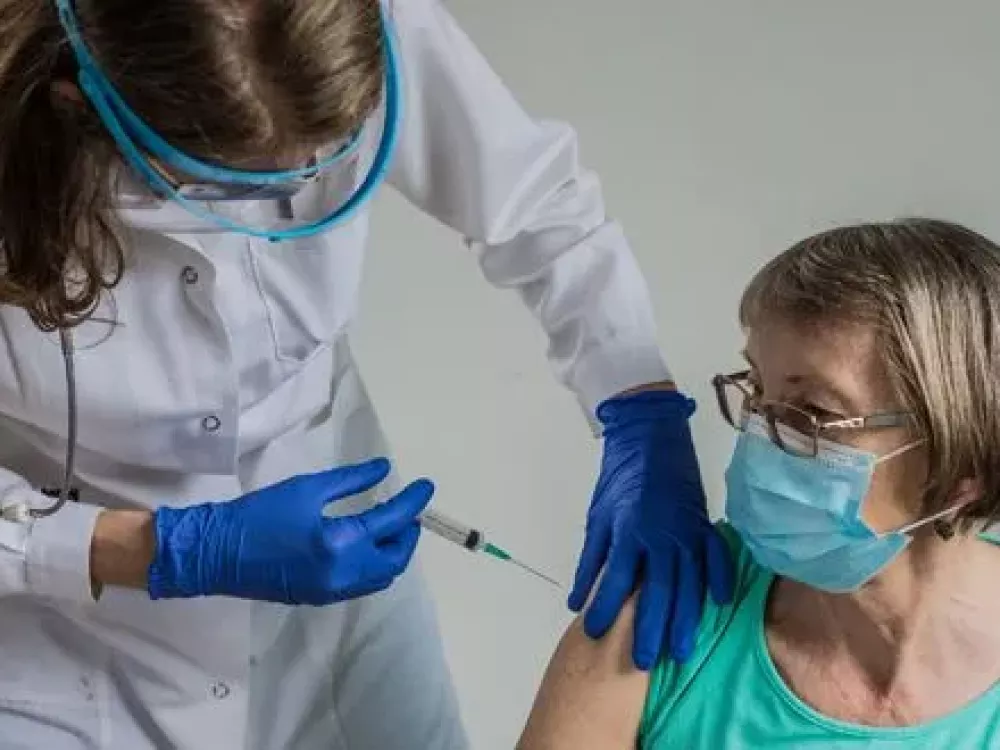
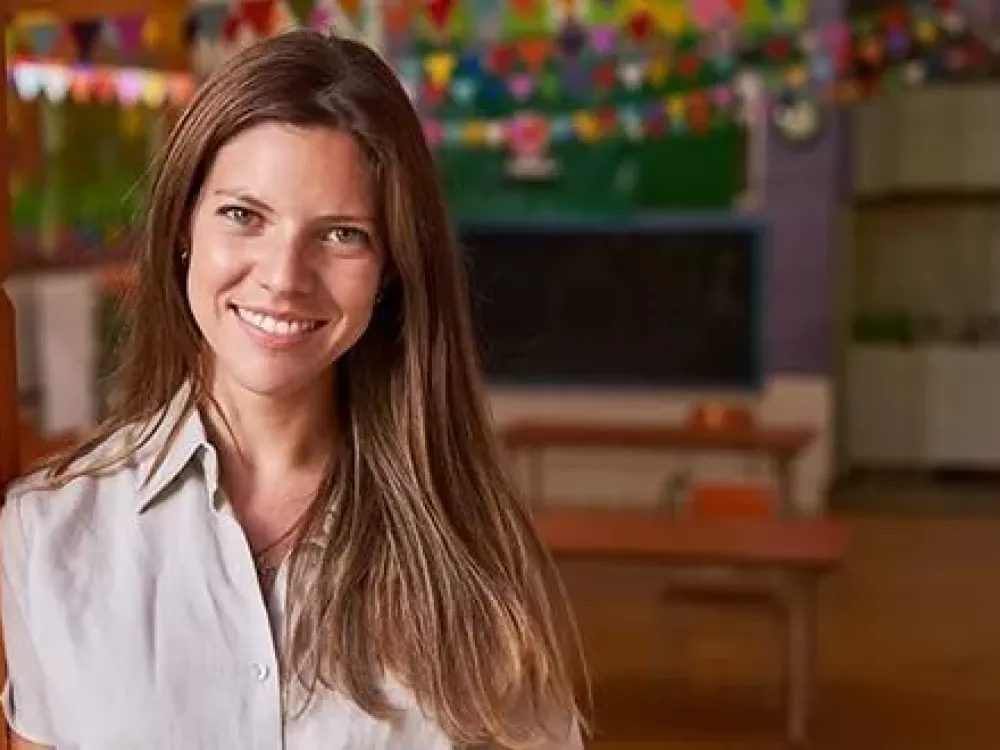
Tel Aviv University Introduces Tuition-Free Teaching Certificate Program
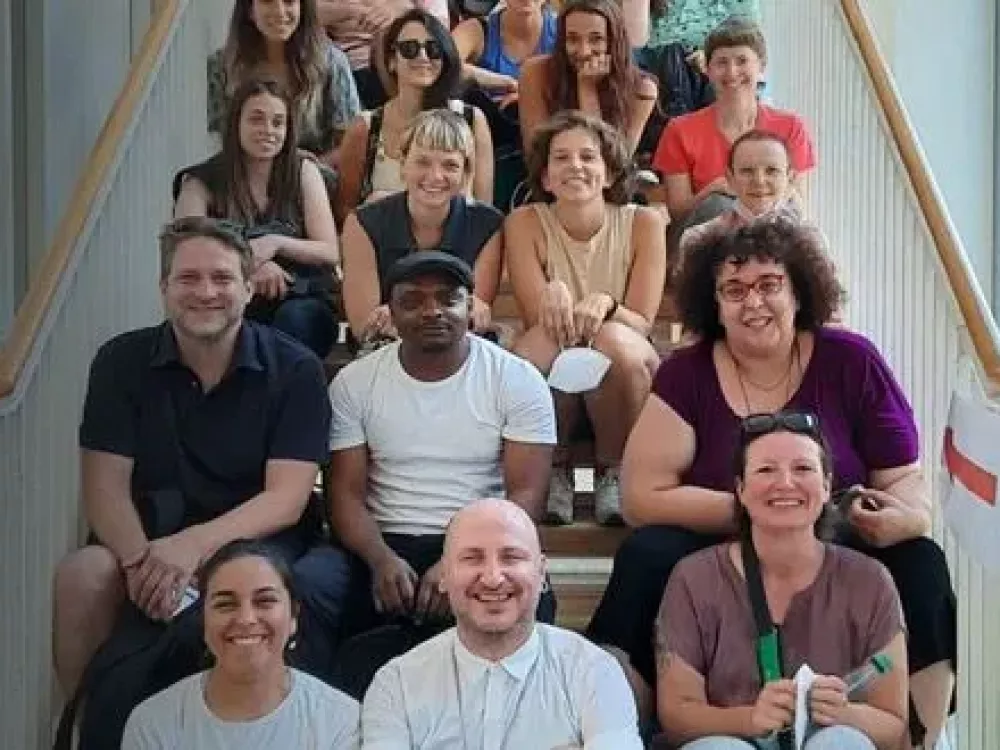

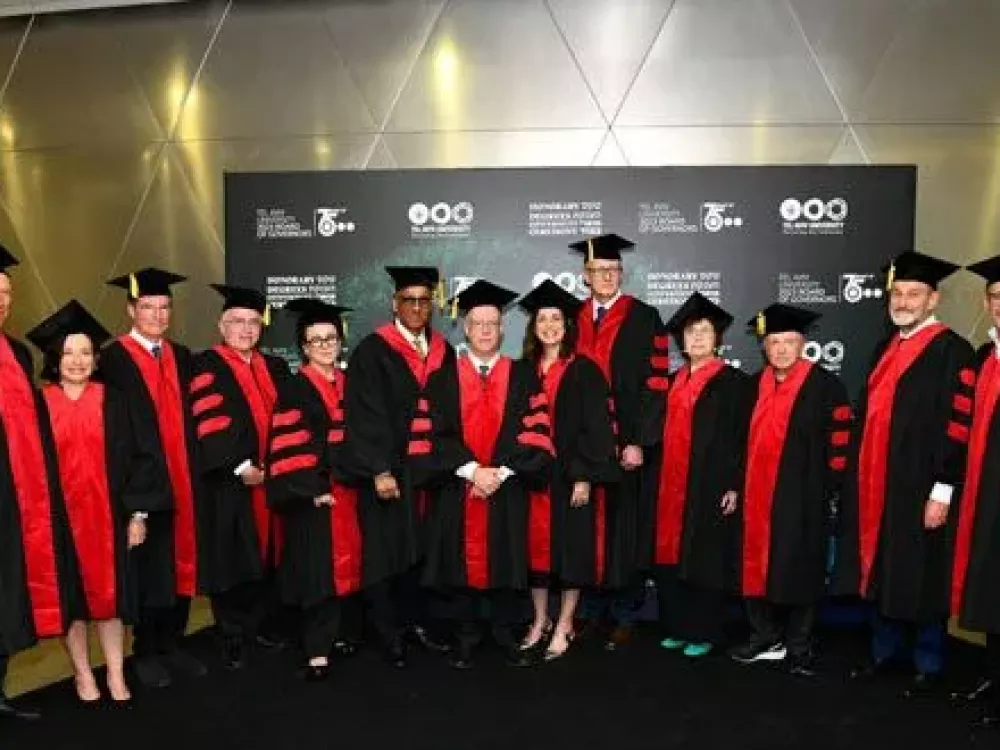
Tel Aviv University Honors Nine Remarkable Individuals with Honorary Degrees
